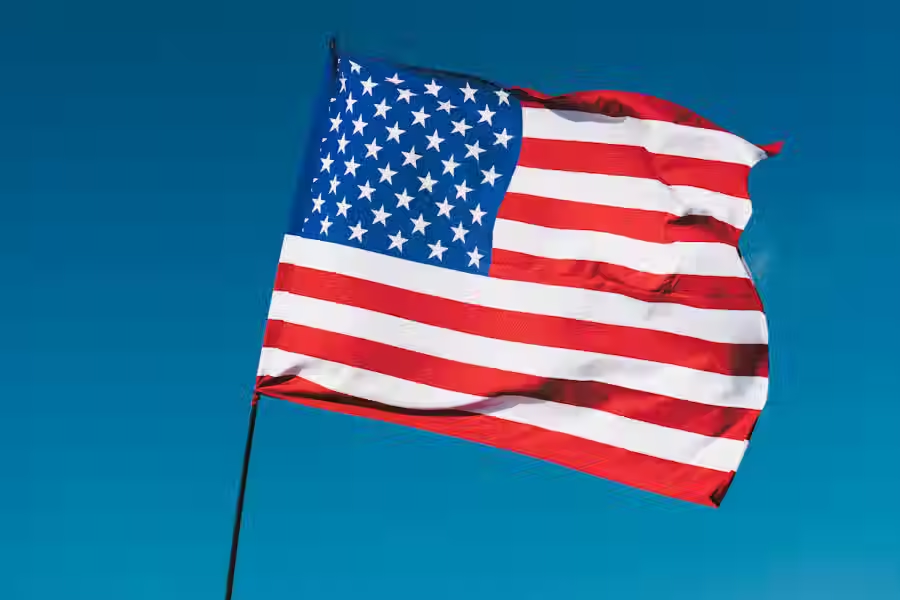Weekly News Blast | June 25 - July 2
- Matthew Inui

- Jul 3, 2023
- 4 min read

Former MP Olivia Chow shifts politics in Toronto left as she wins her historic bid for the mayorship (Olivia Chow, Flickr).
Olivia Chow Makes History as First Chinese-Canadian Minister of Toronto
After a tumultuous mayoral election in Canada’s most populous city, veteran politician Olivia Chow was declared the new mayor-elect of Toronto on July 26. Securing 37 percent of the vote, Chow emerged victorious out of a field of more than 100 candidates—a record number for the city. Drawing on her experience on the Toronto Board of Education, Metro Toronto Council, and Canadian Parliament, Chow’s affordable housing and public transportation campaign saw incredible success, especially after years of disinvestment under the former administrations. Now, she made history as the first Chinese-Canadian mayor of Toronto and the first liberal mayor in more than ten years.
However, Chow faces many challenges moving into her first year in office, including a lengthy backlog of deferred maintenance from previous administrations and a nearly $1.5 billion budget deficit. Still, Chow hopes to move forward with her plans by raising property taxes, which faced cuts under previous conservative mayors. “If you ever doubted what’s possible together,” Chow said to a crowd of supporters following her victory, “if you ever questioned your faith in a better future and what we can do with each other, for each other, tonight is your answer.”
Supreme Court Decision Lands Blow to LGBTQ Rights
As the Supreme Court prepared to go on recess this past week, it released its ruling on the contentious First Amendment case, Creative LLC v. Elanis. In a 6-3 vote along ideological lines, the court ruled in favor of website designer Lorie Smith, who wanted to deny her services to same-sex couples. While Colorado's public accommodations law bars businesses from discriminating against LGBTQ+ people, the court held that forcing Smith to create websites would violate her right to free speech under the First Amendment.
Justice Neil Gorsuch, who authored the majority opinion, wrote that the First Amendment “envisions the United States as a rich and complex place where all persons are free to think and speak as they wish, not as the government demands.” A ruling against Smith would allow the government “to force all manner of artists, speechwriters, and others whose services involve speech to speak what they do not believe on pain of penalty,” he argued.
However, the court’s dissenting justices, led by Justice Sonia Sotomayor, warned that the decision could allow businesses to discriminate on the basis of sexual orientation. “Today, the Court, for the first time in its history, grants a business open to the public a constitutional right to refuse to serve members of a protected class,” she wrote in her dissenting opinion. The case only allows businesses to refuse “express services,” meaning those not engaged in speech, such as restaurants and hotels, do not fall under the purview of this case. Still, the courts now have precedent to significantly weaken protections against discrimination under state and federal law.
Opposition Party Claims Illegitimacy in Sierra Leone National Elections
On June 27, Julius Maada Bio won a second term as president of Sierra Leone. However, Bio’s opponent, Samura Kamara of the opposition All People’s Congress (APC), rejected the results of the national election, citing “glaring irregularities and violations of established electoral procedures.” While regional observers from the African Union and ECOWAS deemed the elections free and fair, other Western observers from the European Union, the U.S., and France highlighted the lack of transparency in the counting and tabulating process. In light of this, the APC demanded a rerun of the presidential and parliamentary elections as well as the resignation of election commission officials. “We can no longer tolerate injustice, tyranny, and usurpation of power in Sierra Leone. This is what dictatorship looks like," the APC said in a statement.
The APC has threatened not to participate in any level of governance if their demands are not met, but Information Minister Mohamed Rahman Swaray expresses little worry. “That’s entirely their discretion,” he said, “We want a truly multiparty parliament, but it is their choice to make. I hope they’ll reconsider that decision.” He also responded to their demands for a second vote, calling them “unconstitutional” and “wishful thinking.” Since the APC’s statement, the election commission announced that it would release disaggregated data per polling station to allow for greater public scrutiny but warned that it would take time. Until then, tensions will likely continue to rise as the standoff between the two parties continues.
Supreme Court Ends Affirmative Action in College Admissions
In one of this term’s most consequential and controversial decisions, the Supreme Court ruled that affirmative action policies in college admissions are illegal. The suit, brought against Harvard University and the University of North Carolina, contended that race-conscious selection processes discriminated against Asian applications in violation of Title VI of the 1964 Civil Rights Act.
Representing the majority opinion, Chief Justice John Roberts argued that both universities’ affirmative action policies “lack sufficiently focused and measurable objectives warranting the use of race, unavoidably employ race in a negative manner, involve racial stereotyping, and lack meaningful endpoints.” “Many universities have for too long...concluded, wrongly, that the touchstone of an individual's identity is not challenges bested, skills built, or lessons learned but the color of their skin,” he added. “Our constitutional history does not tolerate that choice.”
Justice Sonia Sotomayor, who authored the lengthy dissent, reasoned that the equal protection clause “enshrines a guarantee of racial equality” and thus could not be colorblind. “The Court subverts the constitutional guarantee of equal protection by further entrenching racial inequality in education, the very foundation of our democratic government and pluralistic society,” she wrote.
However, how far the courts and colleges will take this ruling is yet to be seen. Roberts was careful to assert that the ruling did not completely close the door on racial considerations in college admissions. “Nothing in this opinion should be construed as prohibiting universities from considering an applicant’s discussion of how race affected his or her life,” he wrote. However, this ruling marks the end of one of the most prominent means by which colleges reached out to historically marginalized communities.
Sources & Further Reading
Olivia Chow Makes History as First Chinese-Canadian Minister of Toronto
https://www.nytimes.com/2023/06/26/world/canada/mayor-toronto-election.html
Supreme Court Decision Lands Blow to LGBTQ Rights
Opposition Party Claims Illegitimacy in Sierra Leone National Elections
https://www.bbc.com/news/world-africa-66030749
Supreme Court Ends Affirmative Action in College Admissions
https://www.npr.org/2023/06/29/1181138066/affirmative-action-supreme-court-decision



Comments